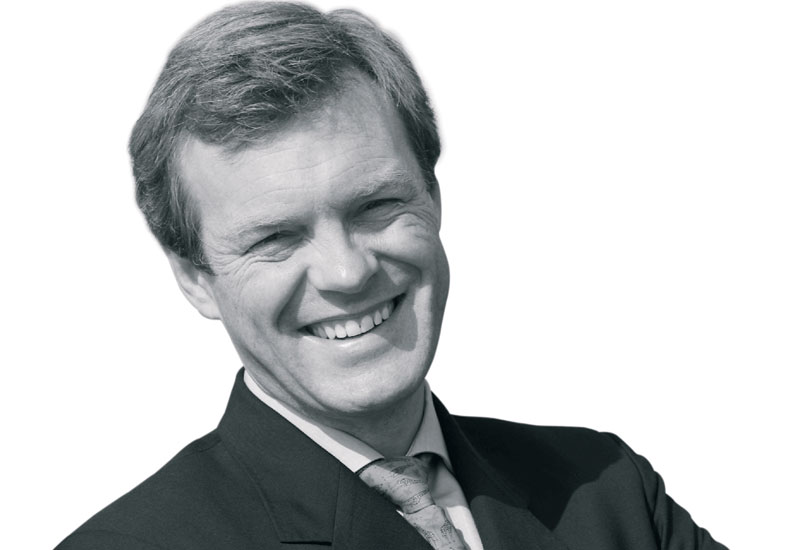Bench Events chairman Jonathan Worsley reports from the International Hotel Investment Forum and says that while the hotel industry is lacking confidence, it remains cautiously optimistic
If there was one resounding theme from the recent International Hotel Investment Forum (IHIF 2010) in Berlin, it’s good riddance to 2009, manage through 2010 and plan for better times ahead. Anyone who thinks the hotel investment industry will exit quickly from the global recession is mistaken.
As speaker Eric Danziger, CEO of Wyndham Hotel Group, said: “The market is still bad but less bad”.
There was certainly a feeling that we have reached the bottom and prospects can only look up. The focus for many speakers and panel discussions was one of cautious and conservative optimism for long-term prospects, where growth will be harder and need to be more focused and intelligent than ever before.
The theme “Charting the Course for Intelligent Growth” provided the impetus for attendees to share ideas and work together on helping the hotel industry bounce back in a measured and rational way. The days of greed and easily obtainable credit were placed firmly in the past — a view reflected in the 1600 delegates attending the event, including almost 500 who had not attended the conference the previous year.
We all learned a lot in Berlin, and while it was acknowledged things are not going to be easy, there was also acceptance of the challenges that lie ahead.
According to Simon Turner of Starwood Hotels & Resorts Worldwide: “It’s a cyclical industry…you have to keep plugging away and I think that if you have a longer-term view…if you stick to your basics and keep plugging along, you’re going to continue to see growth”.
Many of the attendees agreed that there was an underlying current of community spirit — a passion for the industry to dust itself down and square up to the realities of a new global economic market.

Advertisement
Who knows when?
In the 2010 European Hospitality Outlook Survey, DLA Piper asked more than 400 European hotel executives for their views on the recovery buzzword, and more than half of the respondents agreed that it will be at least 2012 before industry room rates return to the levels witnessed before the recession kicked in.
Interestingly, only 2% of respondents expect an upturn in fortunes this year. Last year, 37% predicted solid growth in 2010. Forecasts, as always, are all over the map and different surveys throw out different results, but there was general consensus from the conference that growth will come from a selection of BRIC (Brazil, Russia, India and China) and emerging countries rather than the traditional Western economies that have suffered from a massive banking crisis, out of control public spending and a debt burden that will put these countries in the slow growth lane for years to come.
Other highlights of the Outlook Survey include:
• 54% of respondents describe their 12-month outlook for the European hospitality industry as “bearish”, down from 84% in 2009. Bullishness is up from 5% to 27%.
• 68% of respondents view the economy and mid-market sectors as the most attractive opportunities for investors in the next 12 months.
The survey suggests that whilst we appreciate the predicament we find ourselves in, hotel investors are beginning to position their businesses for a recovery. Look at Starwood, where Turner pointed out that the business has cut US $1 billion off its debt, leaving a strong balance sheet.
During a panel session, Turner asked: “What are we going to do with the cash? Buy each other out, or hoard the money?” The panellists agreed that investment and growth should only be done if it makes a brand stronger (the long-term approach), and not just because it looks good on the balance sheet (the short-term approach).
Roger Bootle of Capital Economics (who predicted the recent boom years would come to an abrupt halt) agreed with the panellists and has urged businesses to proceed with caution. He highlighted that the issues responsible for the global economic crash have yet to be resolved, and until they are, money will be in short supply. And if money isn’t available, deals and developments will suffer accordingly.










 Search our database of more than 2,700 industry companies
Search our database of more than 2,700 industry companies









